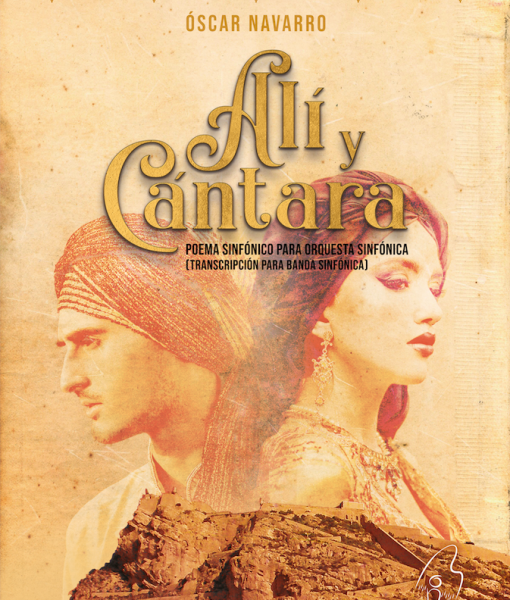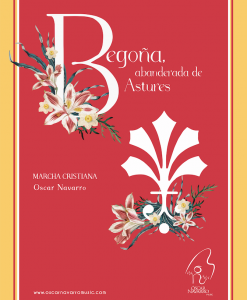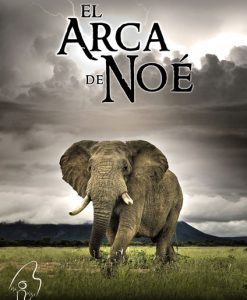“ALÍ Y CÁNTARA”
[ALÍ AND CÁNTARA]
Symphonic Poem for Symphony Orchestra
(Transcription for Wind Band)
THE ORIGIN OF THE LEGEND
Centuries ago, in the city where Alicante now stands, lived a Caliph with his family. Of all his children, the lovely Princess Cántara was famous for her beauty. She was a woman who exceeded the ideal of beauty of the time: large black eyes, long jet-black hair, very clear skin and rosy cheeks, white perfect teeth, round face, small mouth, large breasts, thin fingers… She was the most beautiful young woman in the whole region and, of course, she had no shortage of suitors. It is from this struggle between suitors that the name of Alicante originates.
Specifically, there were two young men who vying for their love: Almanzor and Alí. They were both kind and handsome, and Cántara didn’t know which one to choose for her husband. But the Caliph, her father, had an idea and evoking the twelve trials of Hércules, he asked the suitors to each perform an arduous feat. The deal was that whoever finished the task, first would be chosen as muslim princess’ suitor.
Almanzor was a general who had come from Córdoba and had gained fame throughout the peninsula due to his military feats. Although Alí was not so famous, he was handsome and came from a noble family, so he was also up to the task of courting the princess.
The task that Almanzor had to complete was to go to India to find silks and spices to offer the princess. For his part, the young Alí promised to dig a ditch that would carry the water which would serve the city. And that is, without a doubt, what Alí was aiming for; to stay close to Cántara in order to capture her heart. And that is exactly what happened…
Alí started on his goal enthusiastically and began the task of digging the ditch, but being close to the princess made it impossible not to woo her. He sang to her at all hours, he wrote and recited poetry to her, he spoke to everyone of her beauty… How could the outcome be otherwise, Cántara fell madly in love with him. And, without the young suitors’ tasks even being completed, it was clear to the princess’ heart that she wanted to marry Alí.
But time went by and Almanzor, oblivious to the love that had grown between Alí and Cántara during his trip to India, returned to the city and, with that, his purpose finished. As the Caliph was a just man, when he understood that Almanzor’s task had been completed successfully and before Alí completed his, he gave him his daughter Cántara’s hand just as he had promised, without knowing that the princess had already chosen her suitor. When Alí found out, he could not bear the pain and ended up throwing himself down a ravine.
Of course, when Cántara learned of this misfortune, she decided also to jump into the void and end her suffering. But the suffering does not end with the death of the two lovers, but the Caliph fell into a terrible depression for having lost his favorite daughter. He stopped eating, didn’t sleep and finally decided to jump from the top of his castle.
The inhabitants were dismayed by what happened and decided to change the name of the city to “Alcántara”, so that the lovers’ names, Alí and
Cántara, would be eternally united. Over the years that name became Alicante, the name by which we know the city today.
| Composer | Óscar Navarro |
|---|---|
| Difficulty | 6 |
| Duration | 24' |












